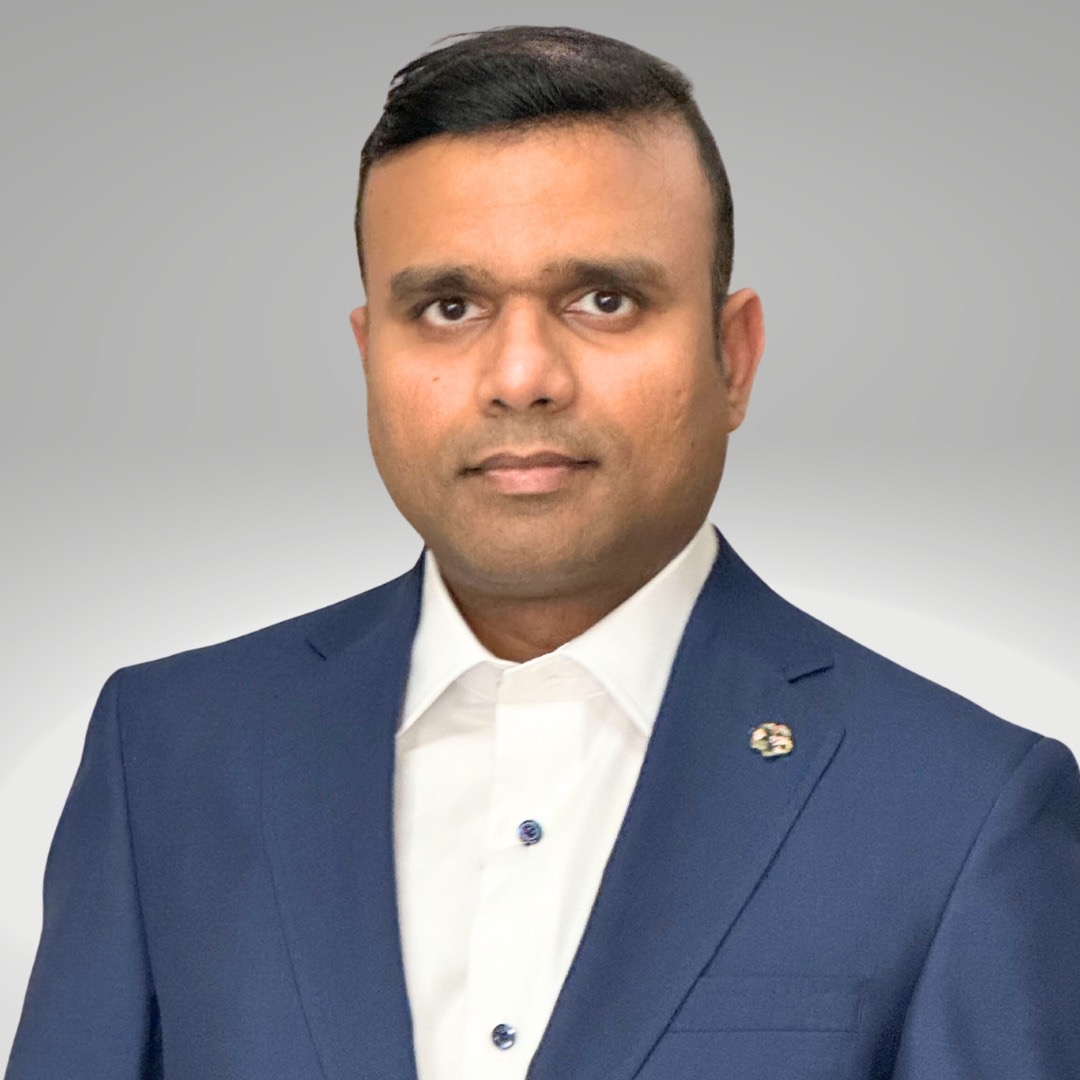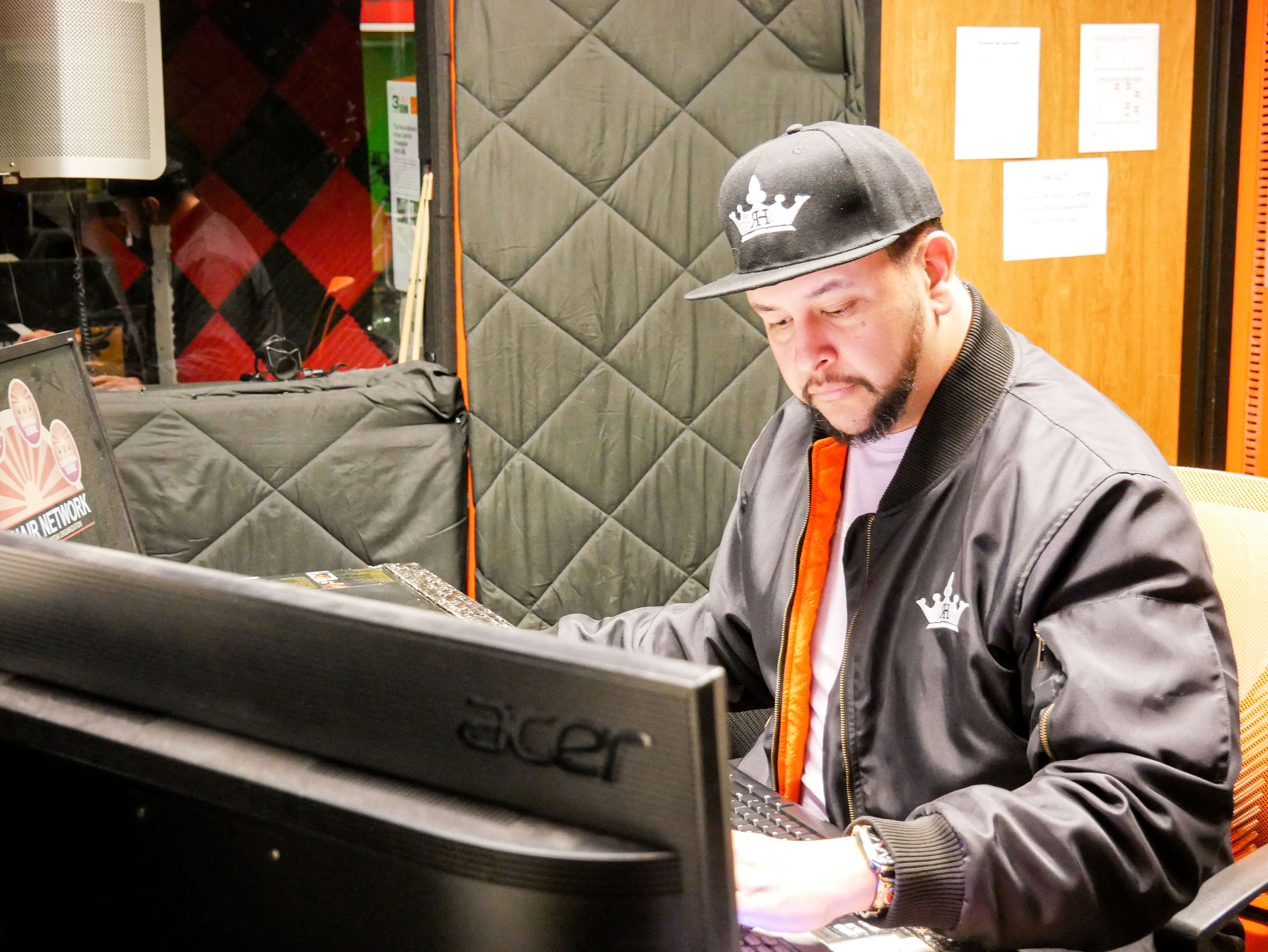As organizations grapple with the complexities of managing workforce schedules, the need for precise and adaptable T&A systems has become more pronounced than ever. Issues such as unauthorized overtime, time theft, and the demand for flexible work arrangements (FWAs) have become focal points for HR professionals. The COVID-19 pandemic has further accelerated the shift towards flexible schedules, necessitating a reevaluation of traditional workforce management strategies.
In the dynamic realm of Human Resources (HR), Karthikeyan Manikam has emerged as a trailblazer, driving transformative change through his innovative approaches to Time and Attendance (T&A) systems. His pioneering solutions have not only addressed longstanding challenges but have ushered in a new era of efficiency and accuracy in workforce management.
In a recent interview, Karthikeyan sheds light on the contemporary challenges faced by HR professionals. “The landscape of workforce management is evolving rapidly. HR departments need intelligent tools that can not only prevent unauthorized practices but also adapt to the changing dynamics of work, especially in the post-pandemic era,” he remarks.
Karthikeyan’s groundbreaking solution, “Optimizing Overtime Management: A Hybrid Approach with System-Level Checks and AI-Driven Anomaly Detection,” tackles the challenge of unauthorized overtime. By combining system-level checks with AI, the solution introduces a multi-faceted approach. It incorporates system-level validation, ML-based anomaly detection, automated alert systems, audit trails, reporting, predictive analysis, and role-based access control.
The implementation of this solution aims to prevent financial losses for companies due to unauthorized overtime. Karthikeyan emphasizes, “Unauthorized overtime not only leads to financial losses but can also result in fraudulent activities. It’s crucial to implement a comprehensive system that ensures fair practices and accurate payroll.”
In his research paper on the evolving landscape of flexible work arrangements, Karthikeyan delves into the challenges posed by traditional schedules and the role of technological advancements. The paper emphasizes the significance of labor forecasting and automated scheduling, especially in sectors with fluctuating demand, such as retail. By proposing the integration of AI and ML, Karthikeyan envisions a system that can intelligently adapt to ongoing changes without manual intervention, ensuring optimal staffing levels.
Another dimension of Karthikeyan’s impactful work is evident in his research paper, “Integrating AI and Environmental Analytics for Enhanced Productivity and Safety.” This paper introduces an innovative approach to adaptive work schedules using real-time weather forecasts and AI. By leveraging weather data and machine learning models, the system optimizes outdoor work times, reduces health risks, and boosts productivity. The paper highlights the economic losses due to reduced worker productivity from heat stress and proposes an AI-powered system to ensure worker safety and manage climate impacts on workforce management.
In addressing the challenges of time theft and buddy punching, Karthikeyan proposes the integration of advanced technologies such as facial recognition and AWS Rekognition. These tools create a secure, efficient, and accurate employee tracking system, essential for preventing time theft. The implementation of these technologies can result in significant cost savings for companies, showcasing the tangible impact of Karthikeyan’s innovative solutions.
Karthikeyan Manikam’s contributions to HR technologies, particularly in the T&A domain, underscore the importance of innovation in addressing evolving challenges. His solutions not only provide practical answers to contemporary workforce management issues but also lay the foundation for a future where AI-powered tools play a central role in ensuring fairness, efficiency, and safety in the workplace. As organizations navigate the complexities introduced by technological advancements and shifting work dynamics, Karthikeyan’s work stands as a guiding beacon towards a more adaptive and resilient HR landscape.




